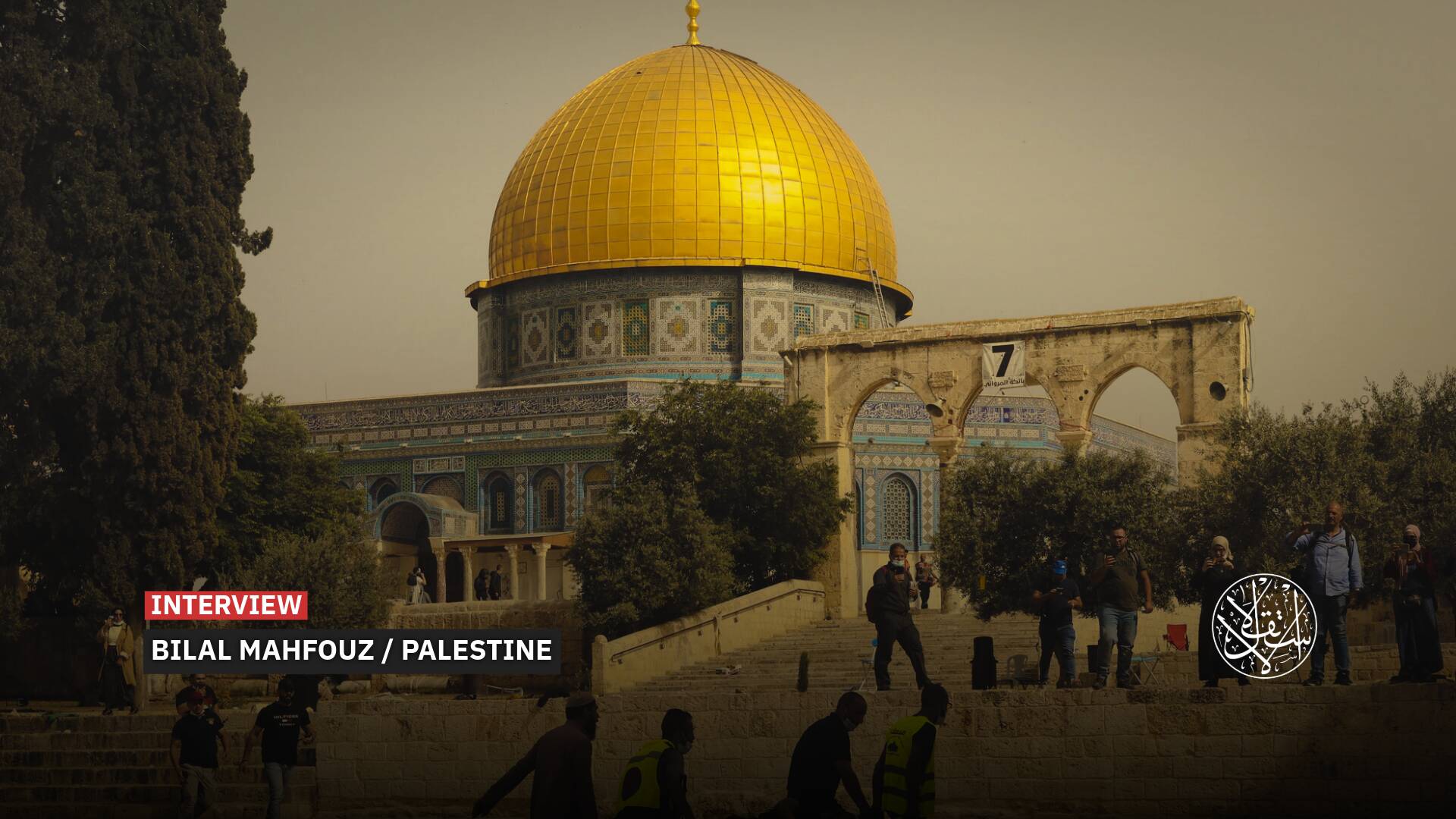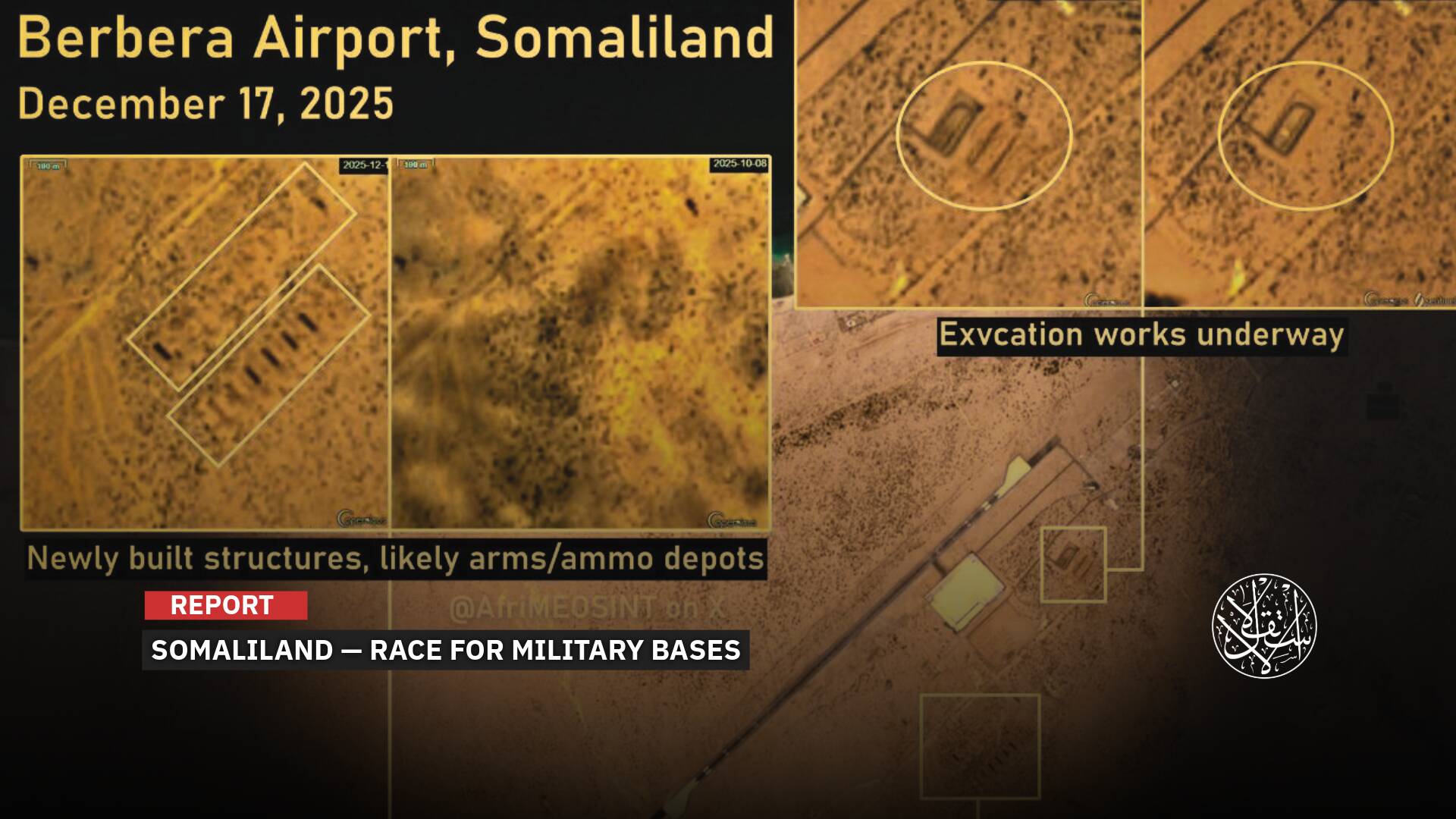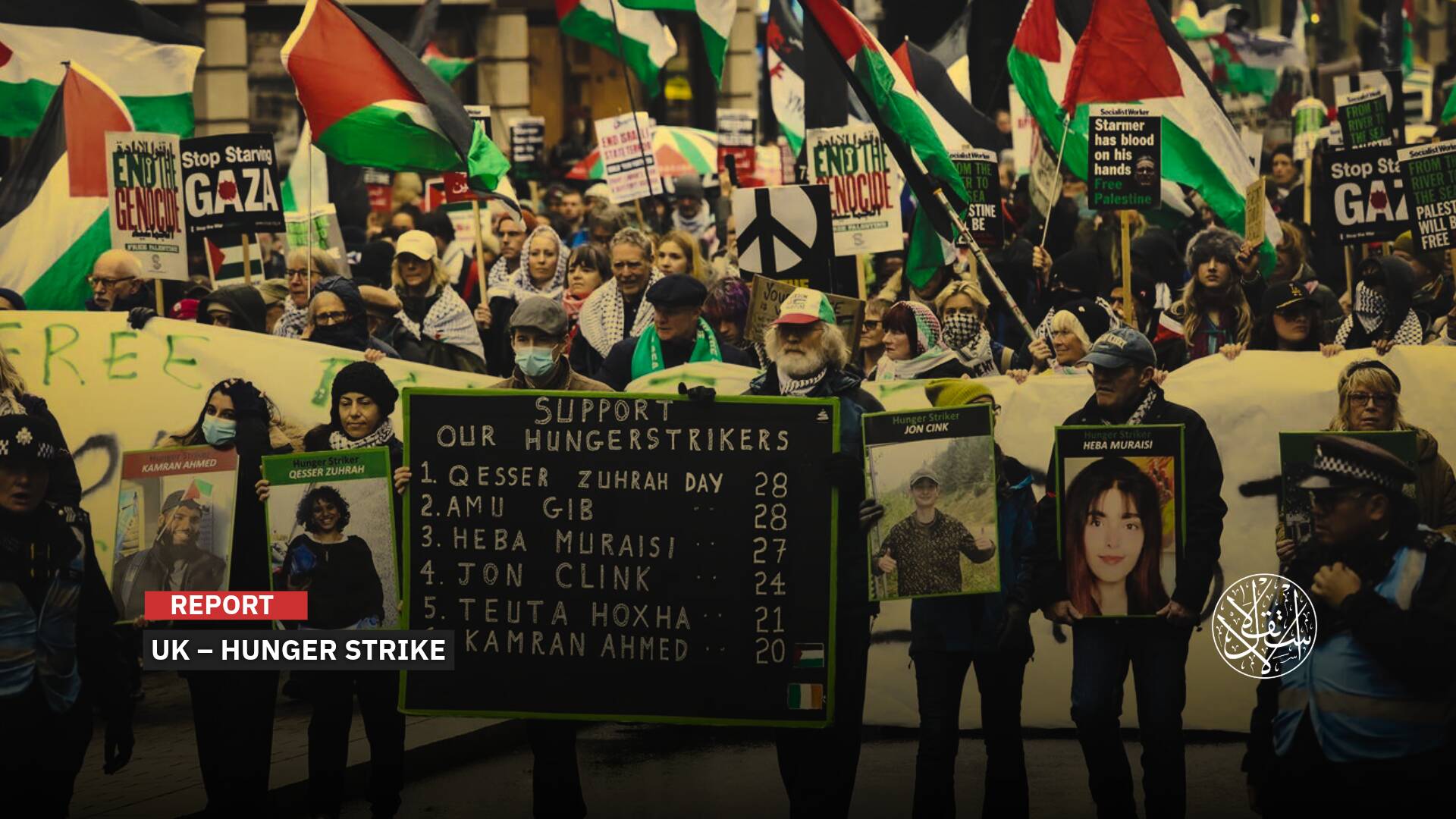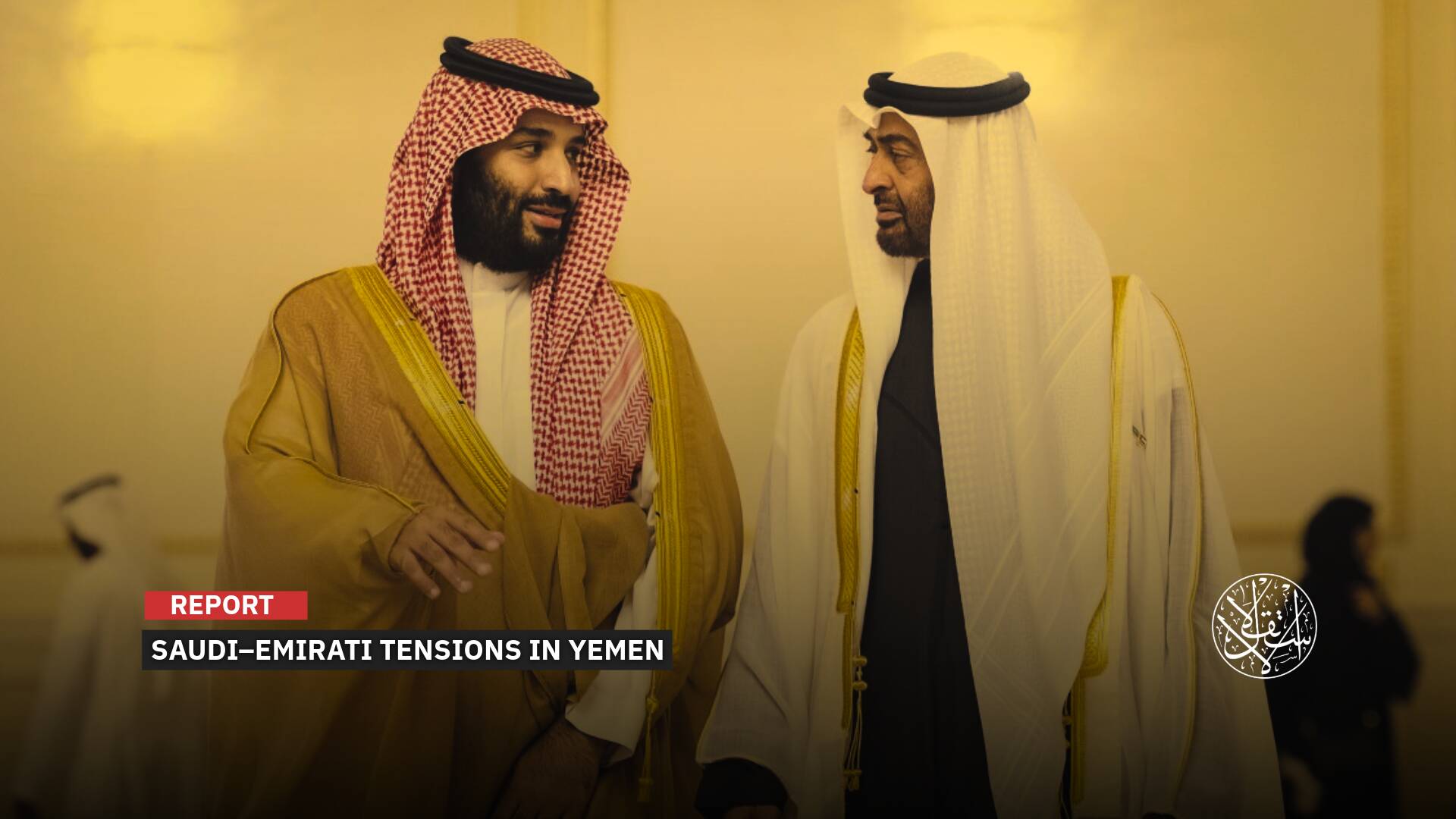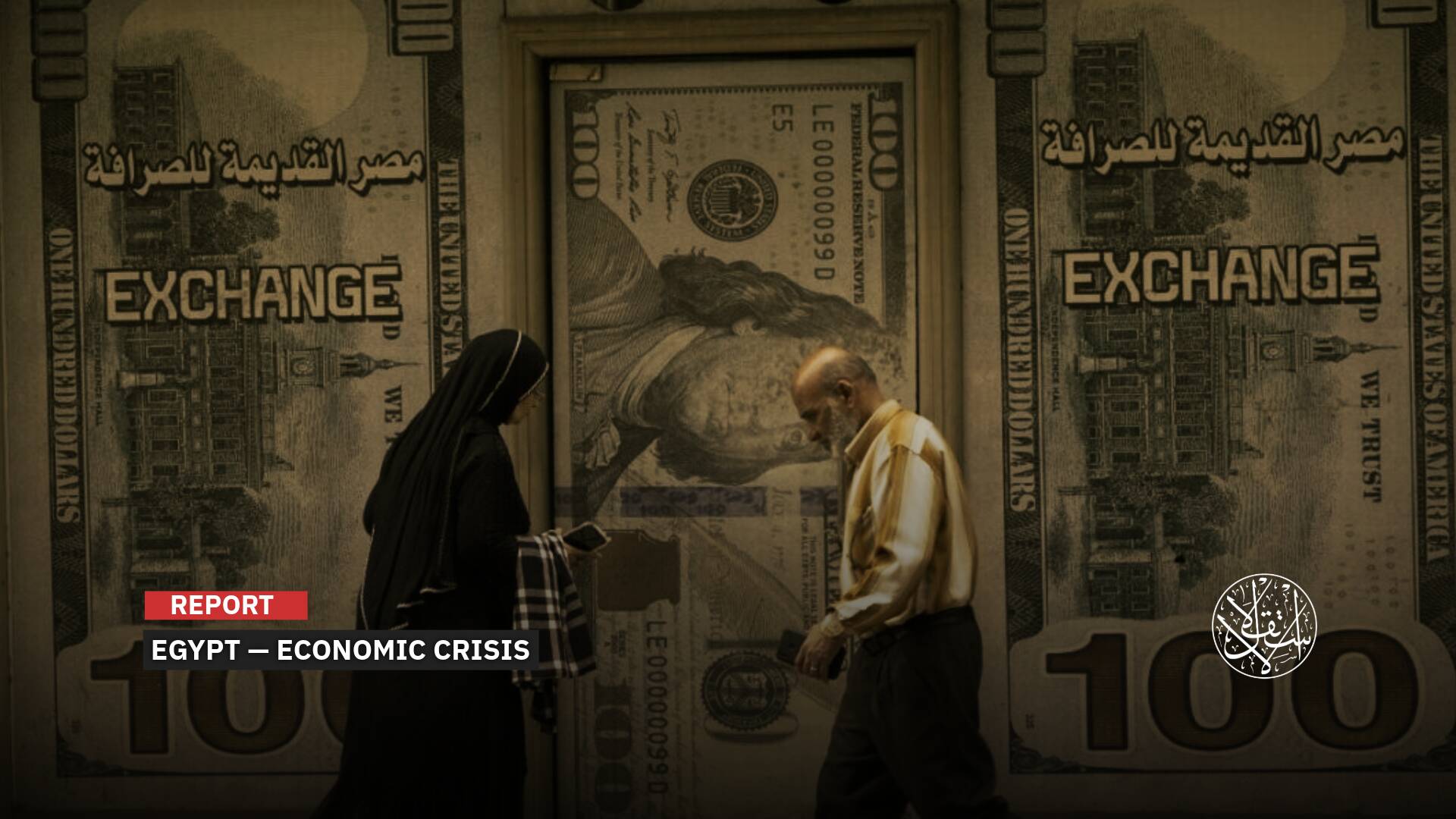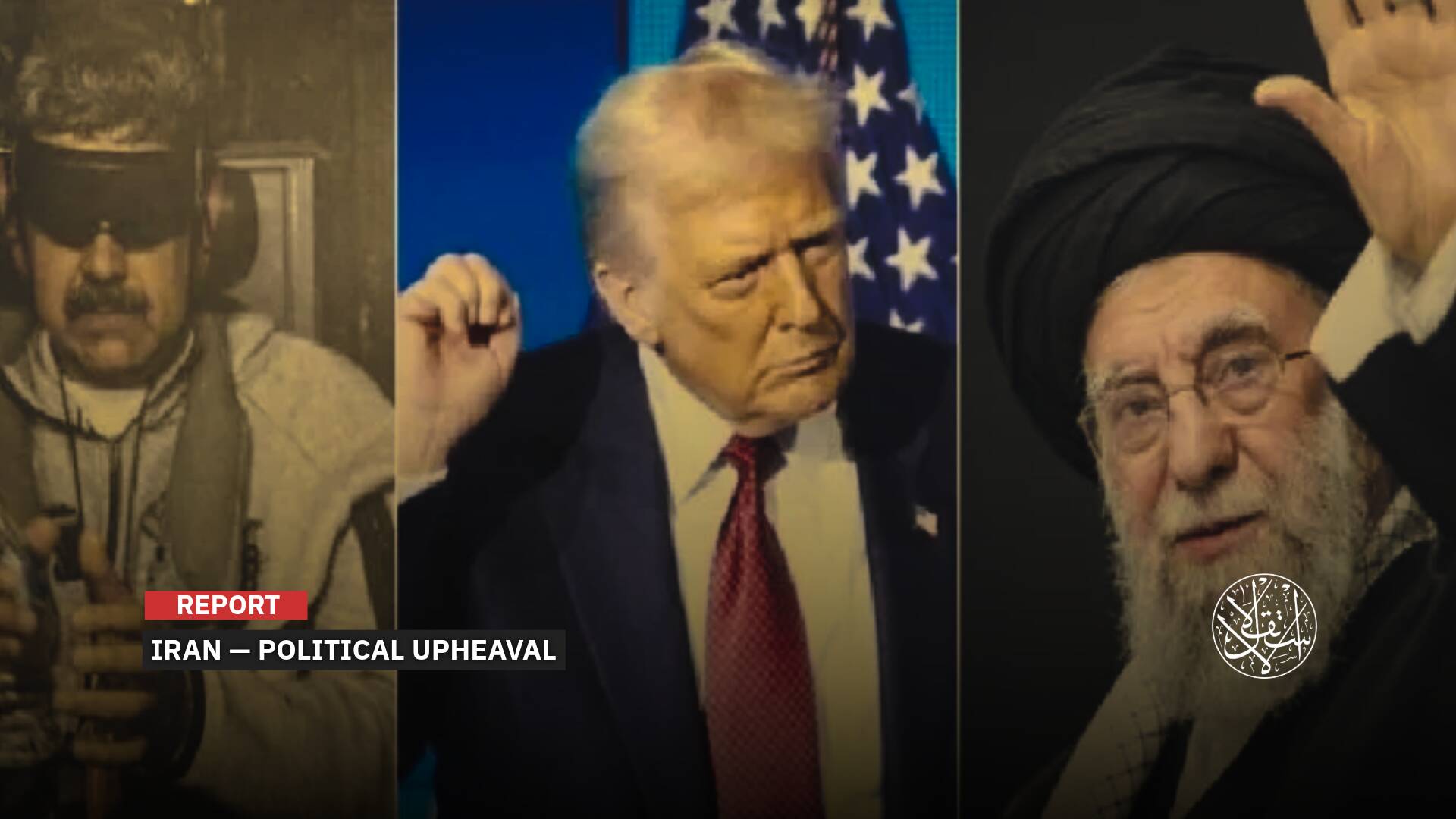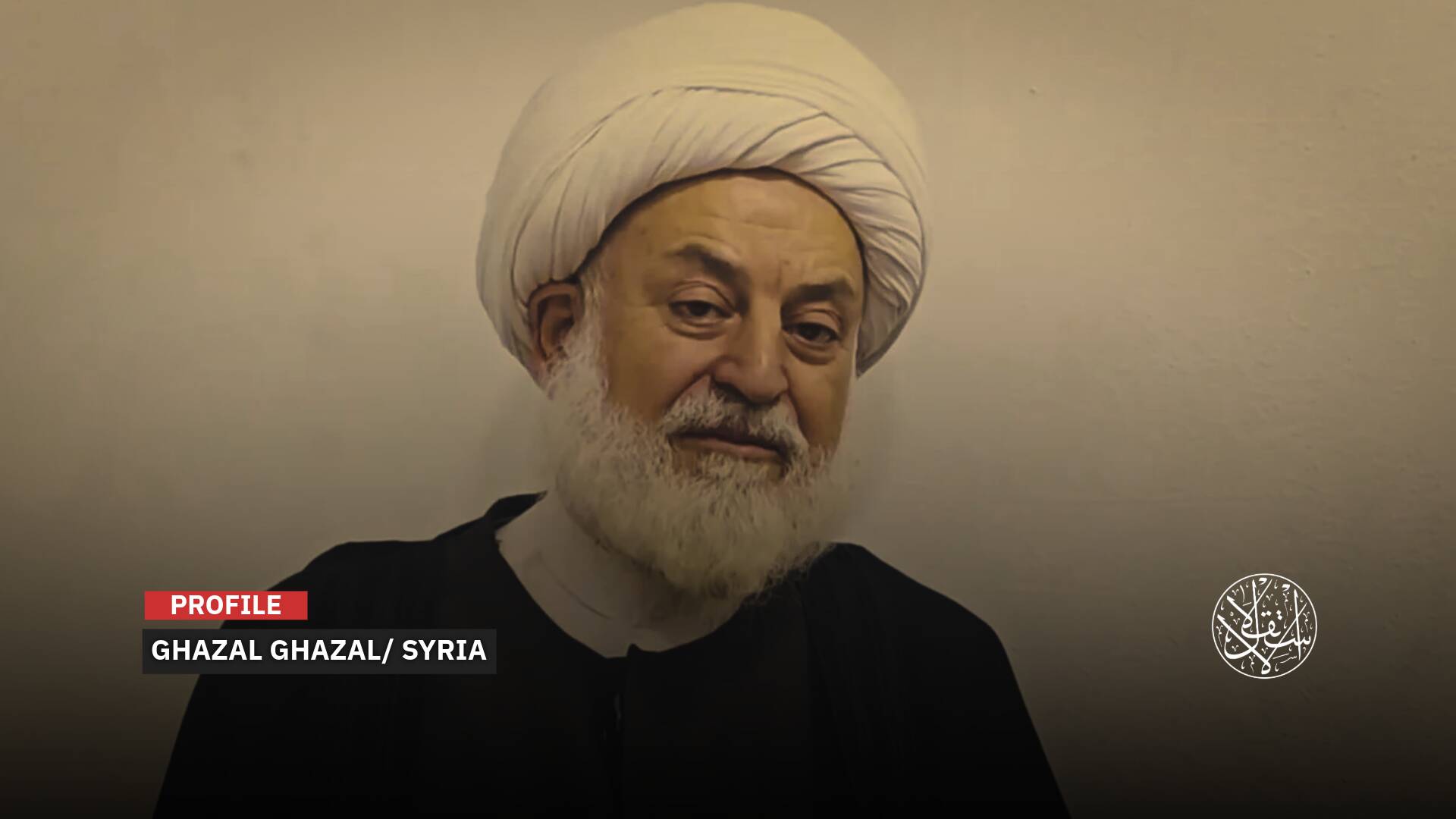After Gaza Disappointment: How Jordan Contributed to Protecting 'Israel' from Iranian Missiles

“Israel” and its media celebrated the cooperation, coordination, and strategic partnership with Jordan.
Suddenly and without preamble, Jordan inserted itself into the heart of a battle in which it had neither camel nor camel driver, following over six months since the Israeli genocidal war on the Gaza Strip.
Amman intervened alongside "Tel Aviv" in repelling the recent Iranian attack on "Israel," finding itself subject to significant Arab criticism on social media platforms.
In contrast, "Israel" and its media celebrated the "cooperation, coordination, and strategic partnership" with Jordan amid the aggression launched by the Israeli Occupation against Gaza since October 7, 2023.
What Happened?
On the evening of April 13, 2024, Iran launched around 350 missiles and drones toward "Israel," with "Tel Aviv" claiming to have intercepted 99% of them, while Tehran stated that half of the missiles successfully hit Israeli targets.
This marked Iran's first attack on "Israel" from its own territory, not through its proxies, in response to a missile strike targeting the consular section of the Iranian embassy in Damascus in early April.
According to Tehran, "Israel" conducted the missile strike, resulting in the killing of 7 Iranian Revolutionary Guard Corps members, including prominent General Mohammad Reza Zahedi.
While "Tel Aviv" neither acknowledged nor officially denied responsibility for the Damascus attack, decades of mutual animosity and accusations have characterized relations between Iran and "Israel."
Following the Iranian attack, Jordan mobilized to intercept missiles and drones.
On the following day, Amman announced intercepting "flying objects" violating its airspace, pledging to address any threat "from any direction."
After a cabinet meeting on April 14, the government stated, "Some flying objects that entered our airspace were dealt with to prevent endangering the safety of our citizens, residential areas, and populated areas at risk."
It noted that "fragments fell in multiple locations during this without causing any damage or injuries among citizens."
A video from AFP showed objects intercepted in the kingdom's airspace during the night, while at least one missile debris fell in the Marj al-Hamam area in the Jordanian capital.
Users on social media platforms also shared videos showing missile debris in the Hasa district of at-Tafilah Governorate, south of the kingdom.
Jordan had earlier announced the closure of its airspace to all incoming, outgoing, and overflying aircraft starting from the evening of the attack.
After this interception, both Jordan and Iran engaged in rare diplomatic clashes and mutual accusations.
The Jordanian Ministry of Foreign Affairs summoned the Iranian ambassador to Amman the day after the attack, urging Iran to refrain from "casting doubt" on Jordan's positions on the Palestinian issue.
"The ministry summoned the Iranian ambassador and sent him a clear message about the need to stop these insults to Jordan," Foreign Minister of Jordan Ayman Safadi said in an interview with the official Al-Mamlaka TV channel.
"Unfortunately, there have been offensive statements about Jordan from Iranian media outlets, including the official news agency."
Safadi justified his country's participation in intercepting Iranian drones and missiles, saying, "Our policy is firm that we confront anything that poses a threat to Jordan because our priority is to protect the kingdom, the lives and interests of Jordanians, and the security and stability of the country."
Before summoning the Iranian ambassador, Fars News Agency in Iran (managed by the Islamic Revolutionary Guard Corps, an armed wing loyal to Supreme Leader Ali Khamenei) quoted an unnamed "informed" source as saying that the Iranian armed forces closely monitored Jordan's movements during the attack on "Israel."
"In case Jordan participates in possible [defense] actions, it will then be the next target," The source added.
The agency further reported, citing the same source, that "necessary warnings were issued to Jordan and other regional countries before the operations."
Israeli Celebration
Following its participation in repelling the Iranian attack, Hebrew media outlets celebrated Jordan and praised its role, affirming that the aggression on Gaza did not affect the strong relationship between the two sides.
Yedioth Ahronoth, on April 15, expected "Israel" to extend its agreement to supply water to Jordan for an additional year after Amman mobilized to intercept the Iranian attack with drones.
The newspaper stated, "Israel was extremely hesitant about this issue in light of the inciting statements by senior Jordanian officials regarding the war in Gaza, but cooperation regarding Tehran shifted the balance.
"In light of reports indicating that Jordan was an important part of the international alliance initiated by the United States to intercept the Iranian attack against Israel — we learned that Energy Minister Eli Cohen is expected to respond to Jordan's request and extend the agreement."
According to the reports, Jordan played a significant role in intercepting Iranian drones, even allowing U.S. aircraft to operate in its territory to intercept the Iranian attack.
It appears that this Jordanian mobilization influenced compliance with the kingdom's request to extend the water agreement, according to Yedioth Ahronoth.
In another report by the same newspaper, it was mentioned that "Israeli Air Force aircraft and advanced electronic equipment set up an ambush for Iranian drones in Jordanian airspace."

Several Hebrew media outlets affirmed that Jordan allowed both "Israel" and the United States to operate in its airspace to repel the Iranian attack.
Yedioth Ahronoth mentioned that "limited information confirms that most of the attacks did not occur inside Israel."
It emphasized that "there is no debate that Jordan's clear stance alongside Israel against Iran will be a significant surprise in any diplomatic lexicon."
Further, Hebrew Channel 12 stated that "the UAE, Saudi Arabia, and Jordan played a fundamental role in the largest air defense operation in history to thwart the Iranian attack on Israel.
"Jordan defends Israel and entangles itself with Iran; this is a surprising step. Superficially, relations may seem cold, but the Iranian attack revealed the true alliance."
Meanwhile, Haaretz attributed the limited impact of the intensive Iranian attack on "Israel" to the remarkable operational capabilities demonstrated by the Israeli Air Force in cooperation with the United States and other friendly countries in the Middle East and Europe.
In a report on April 14, it stated that "Israel" succeeded in intercepting 99 percent of the ammunition and a significant portion of the threats outside Israeli territory, in the skies of Jordan and Iraq, where the United States carried out most of the operations.
It also discussed plans to establish a regional defense umbrella against drones and missiles in cooperation with European countries and many Sunni states in the region (without specifying them) through close cooperation between the administration of U.S. President Joe Biden and "Israel."
Awkward Position
Since the beginning of the aggression on Gaza, Jordan has found itself in an unfavorable position due to its failure to take concrete steps toward relations with "Israel."
The Jordanian authorities suppressed demonstrations calling for an end to normalization and the cessation of a land bridge connecting Gulf states with "Israel" and passing through Jordan, supplying "Tel Aviv" with goods.
Jordan is adjacent to Syria and Iraq, both of which are active with armed groups allied with Iran, and it is located next to "Israel" and the occupied West Bank.
The kingdom consistently expresses increasing concern over the war "Israel" is waging on Gaza with the aim of eliminating the Islamic Resistance Movement (Hamas), which receives support from Iran, fearing it could find itself caught in the crossfire.
In late 2023, Jordan requested the United States to deploy the Patriot air defense system to bolster its border defenses amid talks of Iran's attempts to expand its military activities towards the kingdom.
Officials say the U.S. Department of Defense has since increased its military assistance to the kingdom, a key regional ally to Washington, where hundreds of U.S. soldiers are stationed and conduct intensive training with the Jordanian army throughout the year, according to Reuters.
Three American soldiers were killed and dozens were injured in a drone attack by militants allied with Iran in January 2024 on U.S. forces in northeastern Jordan near the Syrian border.
This was the first strike targeting U.S. forces with casualties since the outbreak of the aggression on Gaza in October 2023 and represented a significant escalation in the tension engulfing the Middle East.
However, activists argue that Jordan has surpassed the issue of defending its territory from the threat of Iranian influence and turned to defending "Israel," which continues its brutal aggression on Gaza.


